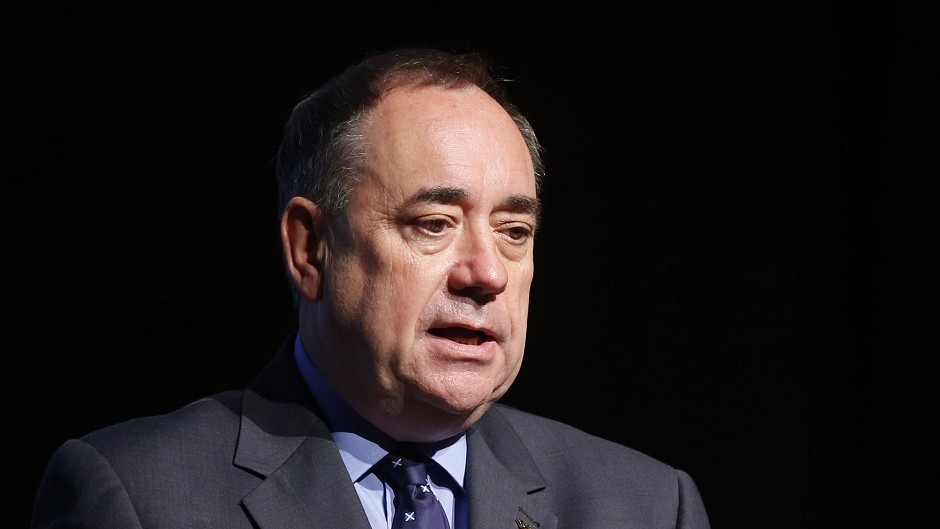First Minister Alex Salmond has criticised rival MSPs for making “offensive” and “insulting” claims that an independent Scotland would be more vulnerable to terrorism attacks.
He reacted angrily after north-east Labour MSP Lewis Macdonald said the country would be “weaker” if it broke away from the rest of the UK.
The Labour politician, supported by north-east Conservative MSP Alex Johnstone, said the Abdul Amin case demonstrated why Britain’s security arrangements should not be fragmented.
He was identified as one of three militants who appeared in a recruitment video.
Mr Macdonald said: “This incident reminds us that we live in a world where something happens in the Middle East today can affect our own streets and homes tomorrow.
“We need to be always vigilant about the risks but we are far more capable of dealing with them as part of the UK and Nato.
“The process of separating off from the UK would simply leave us smaller and weaker in a dangerous world.”
Mr Johnstone said: “The SNP have enjoyed hinting that an independent Scotland would not require the level of intelligence cover that the UK currently provides.
“But this is a straight forward demonstration of the fact that is simply not the case.
“We benefit enormously from being under the UK intelligence umbrella and it is essential that, if we are to have coherent policies to deal with situations such as this, then we need to be part of a larger organisation.”
SNP ministers have claimed an independent Scotland would have national security arrangements which reflected its needs and values and the threats it would face.
But a spokesman for Mr Salmond, MSP for Aberdeenshire East, said: “Offensive comments such as these do the self-styled ‘project fear’ no favours.
“The Scottish Government and other public agencies co-operate closely with UK counterparts on serious issues such as this.
“This mutually beneficial co-operation with our friends and neighbours will continue after independence.
“For Mr Macdonald and Mr Johnstone to suggest otherwise is frankly insulting to people on both sides of the border.”
